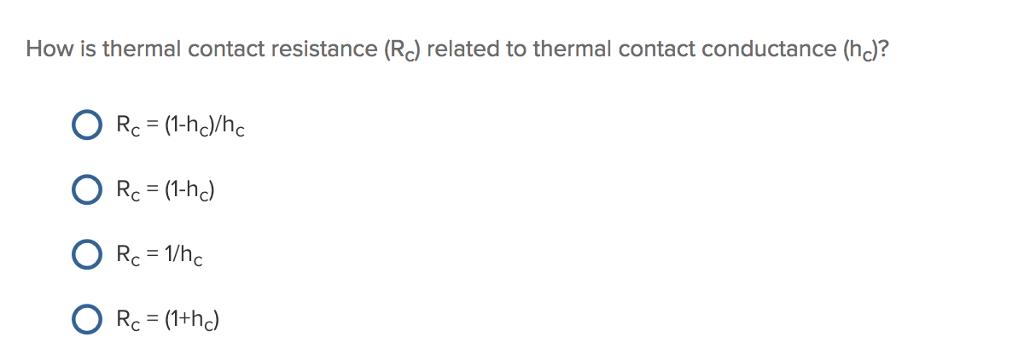The Trump Tariffs: Nicolai Tangen's Investment Strategy

Table of Contents
Understanding Nicolai Tangen's Investment Philosophy
Nicolai Tangen, appointed CEO of NBIM in 2020, leads one of the world's largest sovereign wealth funds, managing the Government Pension Fund Global (GPFG) on behalf of the Norwegian government. NBIM's investment mandate is to maximize the fund's long-term return while maintaining a high level of risk diversification. Tangen's investment philosophy aligns closely with this mandate, emphasizing a long-term, value-oriented approach with a strong focus on Environmental, Social, and Governance (ESG) factors.
- Focus on sustainable, long-term value creation: Tangen prioritizes investments that generate strong, sustainable returns over the long haul, rather than chasing short-term gains. This approach is crucial in navigating unpredictable market conditions created by events like the Trump tariffs.
- Emphasis on diversification across asset classes and geographies: NBIM’s portfolio is spread across a diverse range of asset classes (equities, fixed income, real estate, etc.) and geographic regions. This diversification helps mitigate risks associated with specific sectors or countries affected by trade disputes.
- Integration of environmental, social, and governance (ESG) factors: ESG considerations are central to Tangen's investment strategy. This involves assessing the environmental and social impact of potential investments and ensuring companies adhere to robust governance standards. This approach influences investment decisions even within the context of navigating trade policy changes.
The Impact of Trump Tariffs on Global Markets
The Trump administration's tariffs, primarily targeting China but also impacting other countries, significantly impacted global markets. These tariffs, imposed on various sectors including steel, aluminum, and consumer goods, led to:
- Increased price volatility for imported goods: Tariffs directly increased the cost of imported goods, leading to higher prices for consumers and businesses.
- Supply chain disruptions and increased costs: The tariffs disrupted established supply chains, forcing companies to seek alternative sources of goods and often increasing production costs.
- Geopolitical tensions and trade wars: The tariffs escalated trade tensions between the US and several other countries, creating uncertainty and volatility in global markets. This uncertainty directly impacted investment decisions.
These factors, particularly impacting sectors like technology (due to reliance on global supply chains) and energy (with fluctuating oil prices often influenced by geopolitical events), presented significant challenges for investors like Tangen.
Nicolai Tangen's Response to the Trump Tariffs
While NBIM's specific investment decisions in response to the Trump tariffs are not always publicly disclosed in detail due to confidentiality concerns, it is likely that Tangen and his team employed several strategies to mitigate risks:
- Potential adjustments to portfolio weightings: The tariffs likely prompted adjustments in NBIM's portfolio allocations, potentially shifting weight away from sectors heavily impacted by tariffs and toward those less exposed.
- Increased focus on domestic companies or companies less exposed to tariffs: NBIM might have increased its exposure to companies primarily operating within their home markets, reducing vulnerability to trade disputes.
- Investment in companies benefiting from tariff-related shifts: Some companies benefited from the tariffs, perhaps due to increased domestic demand or a shift in global supply chains. NBIM may have capitalized on these opportunities.
The overall impact of the Trump tariffs on NBIM's portfolio performance during this period would require detailed analysis of publicly available financial data.
ESG Considerations within Tangen's Tariff Response
Tangen's commitment to ESG factors likely shaped his response to the Trump tariffs. While some companies might have benefited financially from protectionist policies, NBIM likely avoided investments in companies engaging in practices deemed ethically questionable or environmentally damaging, even if those companies experienced short-term gains due to tariffs. This nuanced approach highlights the complexities of balancing financial returns with ESG considerations in a turbulent global market.
Conclusion
Nicolai Tangen's investment strategy during the Trump tariff era demonstrates a commitment to long-term value creation, diversification, and ESG integration. While the specific details of NBIM's responses remain partly confidential, it's evident that Tangen navigated the challenges and opportunities presented by protectionist trade policies with a focus on mitigating risk and maximizing sustainable returns. Protectionist trade policies create both challenges and opportunities, demanding a sophisticated approach to investment management. For further insights into navigating complex global economic landscapes and understanding the intricacies of Nicolai Tangen's investment strategy and its response to trade conflicts like the Trump tariffs, continue your research by exploring [link to relevant resources, NBIM reports, etc.].

Featured Posts
-
 Carney And Trump A Decisive Meeting For The Cusma Agreement
May 04, 2025
Carney And Trump A Decisive Meeting For The Cusma Agreement
May 04, 2025 -
 Weather Update Significant Temperature Drop Across Bengal
May 04, 2025
Weather Update Significant Temperature Drop Across Bengal
May 04, 2025 -
 Ai Digest Transforming Scatological Data Into Informative Podcasts
May 04, 2025
Ai Digest Transforming Scatological Data Into Informative Podcasts
May 04, 2025 -
 Rolly Romeros Bold Prediction Crawford Outboxes Then Kos Canelo
May 04, 2025
Rolly Romeros Bold Prediction Crawford Outboxes Then Kos Canelo
May 04, 2025 -
 Ufc Kansas City Main Card Odds Predictions And Breakdowns
May 04, 2025
Ufc Kansas City Main Card Odds Predictions And Breakdowns
May 04, 2025
